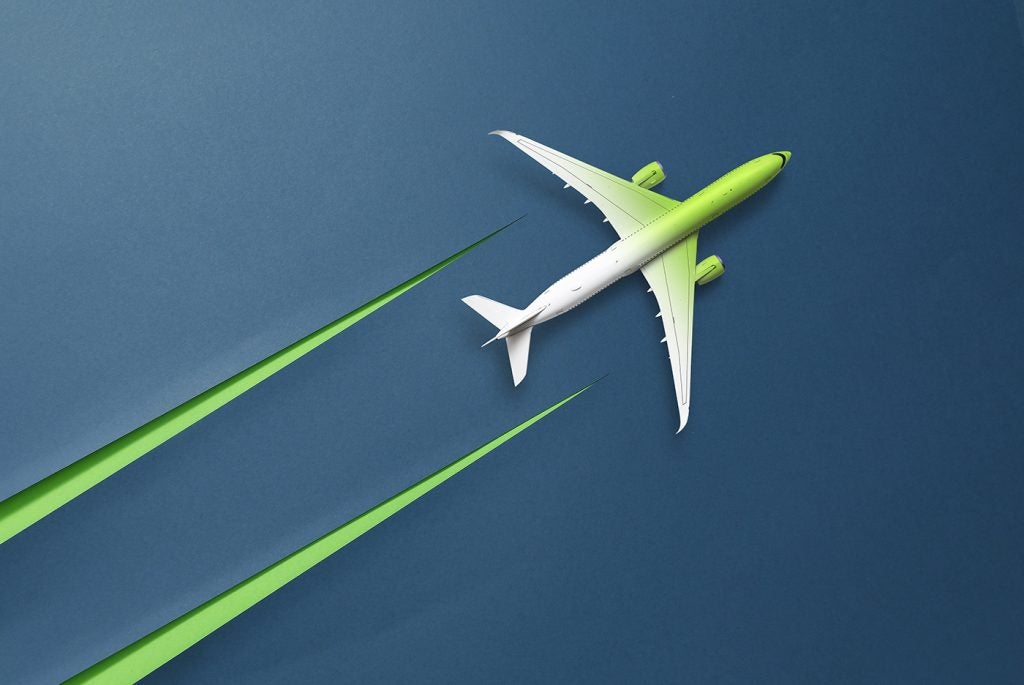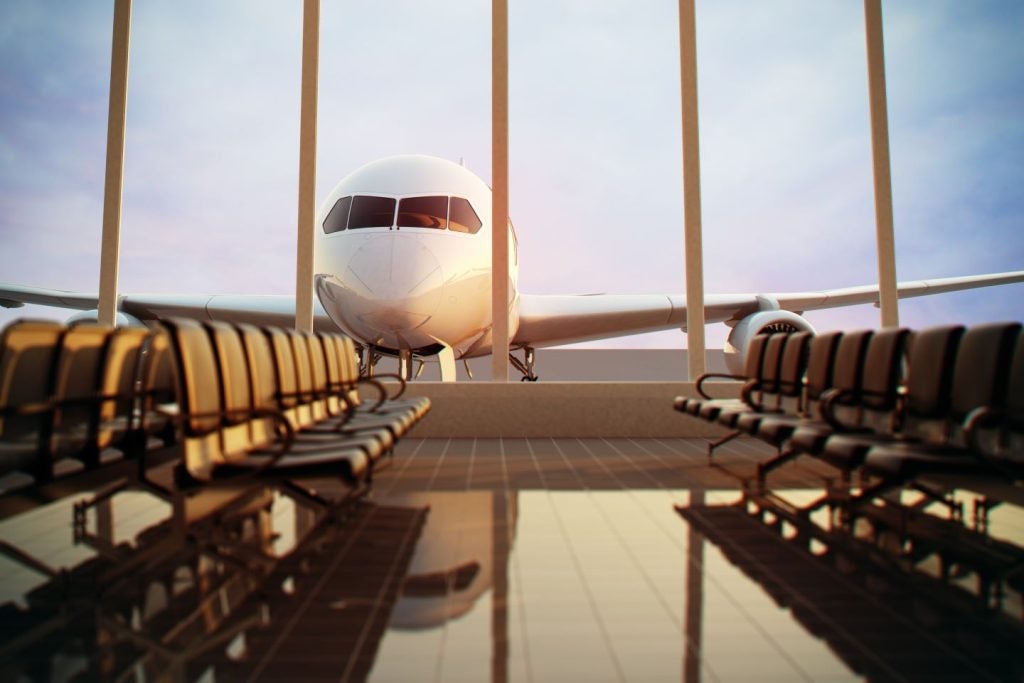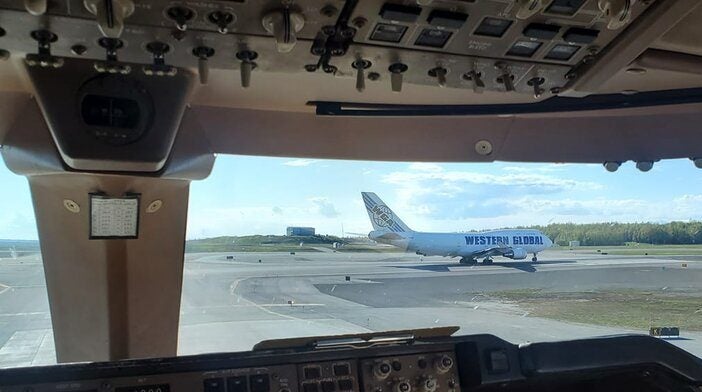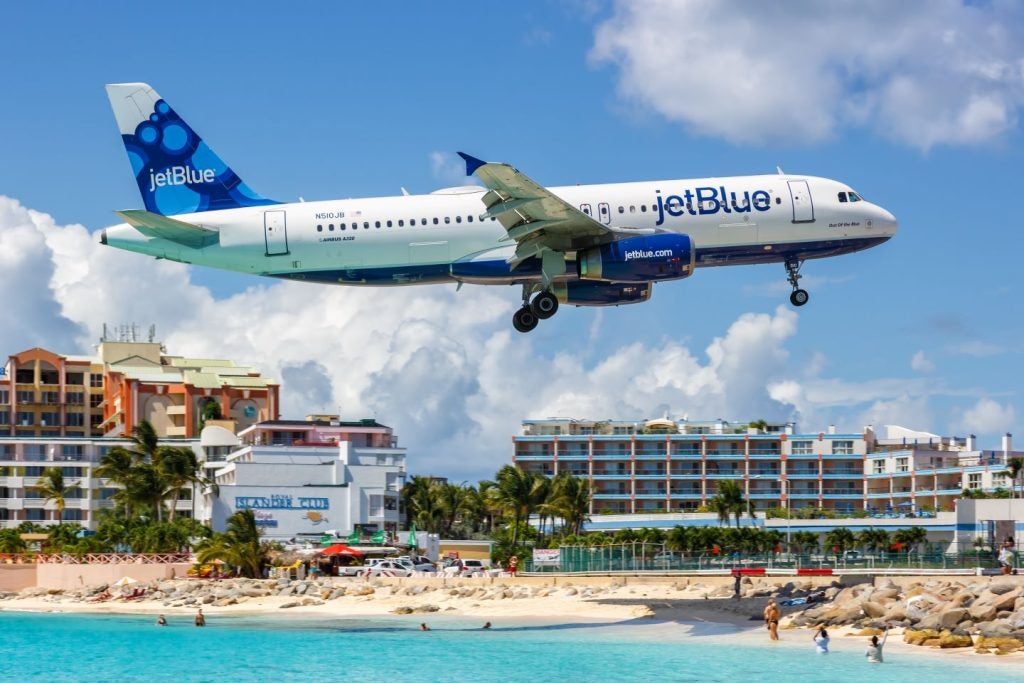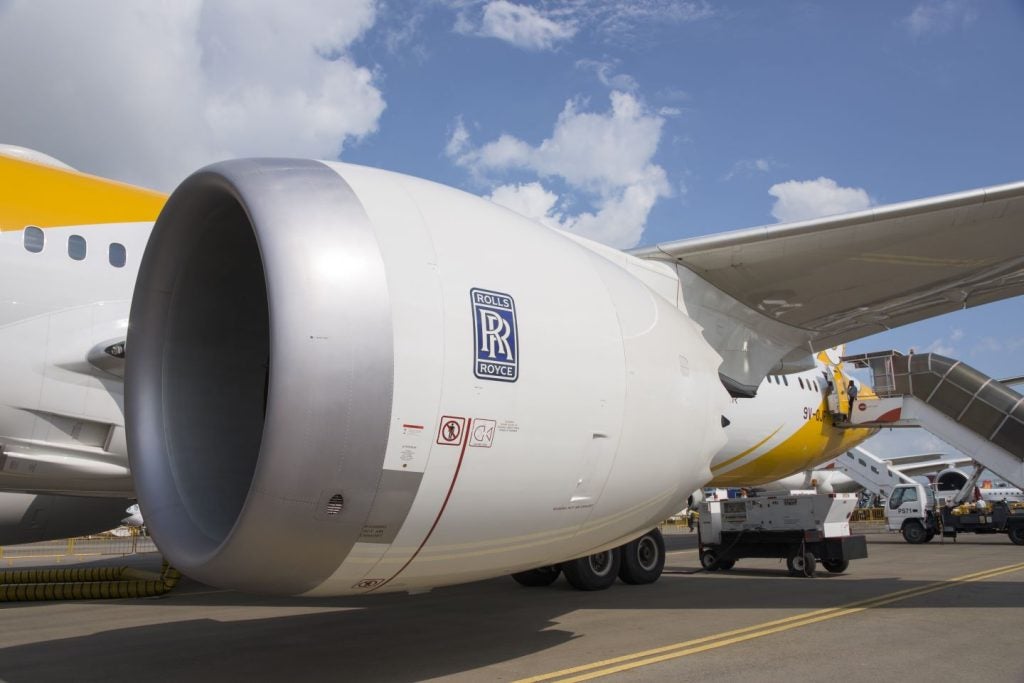In June last year, Shell Aviation launched one of the world’s first blockchain-powered digital book-and-claim solutions for scaling sustainable aviation fuel (SAF).
Called Avelia, the solution is initially targeting airlines and corporate customers to accelerate SAF use in business travel.
In aviation, a book-and-claim solution is a system that allows companies to book, manage, verify, and claim any relevant environmental benefits to operating with sustainable fuel.
Eva Wan, head of aviation digital strategy at Shell Aviation, explains more about Avelia and book-and-claim solutions, and gives her opinion on the growing SAF market and the role technology has in decarbonising the aviation industry.
Kirstie Pickering: What is Avelia?
Eva Wan: Avelia launched last year in collaboration with Accenture, American Express Global Business Travel (Amex GBT), and Energy Web Foundation.
It aims to address the challenge of limited availability and affordability of SAF – the consensus medium to long-term solution to decarbonise aviation. Given the scale of investment required to solve this impasse, the industry needs to facilitate collaboration across various ecosystem players within the value chain to tackle SAF’s fragmented demand.

By bringing together corporations and airlines, Avelia provides SAF suppliers with the greater certainty and scale of demand required to de-risk investments in SAF.
Avelia aims to jumpstart the SAF market by enabling business travellers and airlines to share the benefits of SAF, while each receiving respective credit for the associated carbon emission reductions. This is a crucial step to increasing supply.
Avelia also aims to demonstrate the credibility of a book-and-claim model, where SAF is delivered into the fuel network, and those airlines and corporations looking to reduce their emissions can purchase the data without physically having the SAF on their flight.
Once the model achieves consensus from industry bodies as an acceptable form of emissions reduction, Avelia could enable airlines and corporate customers to authenticate and report the associated emissions reduction benefits towards their voluntary ESG reporting. If this happens, models like Avelia can further turbo-charge SAF adoption.
KP: How does Avelia's blockchain technology work for aviation?
EW: Avelia’s blockchain technology could be influential in providing trust and credibility to the book-and-claim model.
Blockchain stores data in encrypted blocks across a distributed network of computers, such that no single party controls the blockchain.
Security comes from knowing that the computers on the network must validate any new transaction, thereby creating a transparent, tamper-proof record of transactions and data – which is key for demonstrating ownership of SAF used and its environmental attributes.
One of the central aims of Avelia is to demonstrate the credibility of book-and-claim and its carbon accounting methodology.
In the case of Avelia, blockchain is used to provide transparent tracking of the environmental attributes of SAF that have been delivered into the aviation fuelling network, tracking the SAF journey across the value chain.
The use of a digital blockchain system also ensures environmental attributes can be allocated to both airlines and business customers respectively, while avoiding issues such as double counting.
One of the central aims of Avelia is to demonstrate the credibility of book-and-claim and its carbon accounting methodology so that airlines and corporations can claim emission reductions in the future from their SAF use. This is why Avelia’s use of blockchain technology is so critical.
KP: What role does Avelia play in supporting SAF demand from business travel?
EW: As a concentrated industry, business travel is well-positioned to play a role in scaling SAF.
While corporate fliers represent a minority of passengers, they represent a far greater proportion of airline revenues and profits compared to leisure travellers – creating a concentrated, high-impact demand. This means the corporate travel community is well-positioned to help drive SAF and decarbonisation.
This is compounded by the increased scrutiny on businesses that have emissions from corporate travel and so there is urgency for them to secure a sustainable solution to allow them to continue to have access to the benefits of travel, thanks to SAF.
To leverage the business travel sector’s position, developing a book-and-claim model for SAF is really the most feasible approach. This is exactly the motivation behind Avelia.
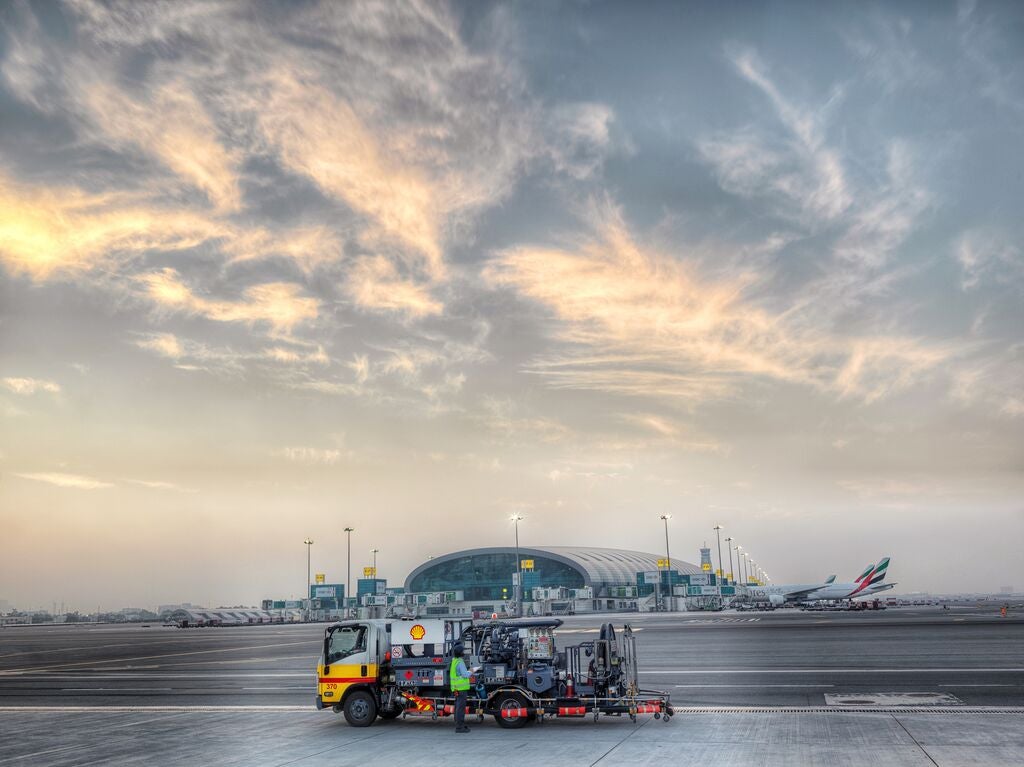
KP: What are your views on the growth of the SAF market and its future potential?
EW: The SAF market has grown in recent years, but the scale of the task requires exponential growth in SAF. According to the Air Transport Action Group (ATAG) it is estimated that some 5,000-7,000 SAF facilities are needed by 2050. This comes with an expensive price tag.
IATA’s Finance Net Zero Roadmap estimates that investments needed for aviation’s transition to net zero by 2050 will equate to approximately $5trn total, or $178.6bn per year from 2023 to 2050. This is a challenge that can’t be solved by a single company, so it will take all players deploying all measures to get there.
The positive news is that we are seeing great momentum on SAF uptake across markets. In the US alone, we recently signed significant SAF supply agreements with Delta Air Lines, JetBlue, and Alaska Airlines. We’ve also just announced a SAF supply agreement with Japan Airlines.
There has also been progress when it comes to strengthening SAF’s end-to-end supply chain. Our experience and the scale of our airport supply network are proving critical to enabling SAF supply.
What we’re talking about is transitioning from an energy system that has been in use for a century.
We’ve seen this strongly over the past year in Asia-Pacific, where the upgrading of our facilities in Singapore to allow SAF blending has allowed our customers in the region to fly on SAF, including for the first time from Singapore.
Through Avelia, we’re also witnessing an upsurge in interest from corporations to use SAF for business travel. For example, last year, Aon became the first Amex GBT client to join the platform, recently followed by Bank of America. We hope these leaders will pave the way for more business travel commitments on SAF.
Shell Aviation also believes that Avelia could, in time, be expanded into other segments of aviation, such as cargo and business jets. We intend to explore these areas as we progress.
All of these are steps in the right direction, but there is still more to be done to scale SAF supply and use. What we’re talking about is transitioning from an energy system that has been in use for a century – this will require collaboration across the entire aviation ecosystem and supportive policies to get there.
KP: What role does technology and digitisation have in decarbonising the aviation industry?
EW: Technological innovations and digitisation are both integral to fulfilling aviation’s decarbonisation ambitions.
Book-and-claim platforms are an essential piece to the decarbonisation puzzle – by enabling those airlines and corporations looking to reduce their emissions to "book" the data without physically having the SAF on their flight, geographical supply limitations are ameliorated.
Blockchain technology is also critical to decarbonising air travel. Blockchain provides a strong and cost-efficient capability to handle an ever-increasing number of transactions with a high granularity level and accuracy.
Such scalability, in turn, lowers market barriers to even the smallest participants, which becomes more relevant as the SAF market matures in the long term.

KP: What can we expect from Shell Aviation in this field over the next year?
EW: Our hope for the next year is to see progress in book-and-claim models for SAF gaining NGO approvals as an acceptable form of science-based emission reductions, with Avelia having played a key role in this.
We are also looking forward to working more closely with other freight transport players – such as marine and road – to accelerate book-and-claim through Avelia in those sectors.
As part of this, Shell has been working closely with RSB (Roundtable on Sustainable Biomaterials) to develop the Registry Recognition Framework that presents opportunities for compliance with the RSB Book & Claim Manual.
We believe the Registry Recognition Framework will create a significant impact by strengthening the standards for SAF book-and-claim across industries and models.
In short, we’ll be continuing to drive forward in our work with customers and other players across aviation to scale SAF and accelerate decarbonisation.


